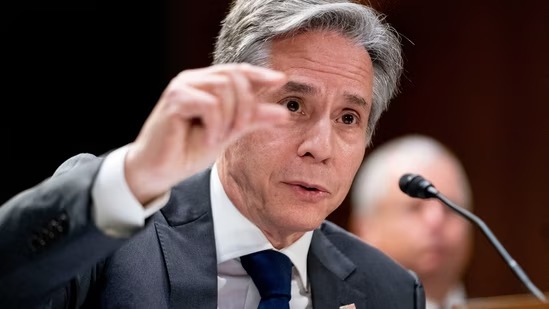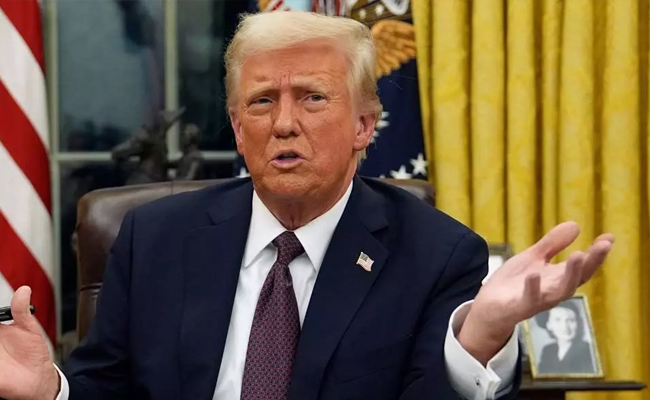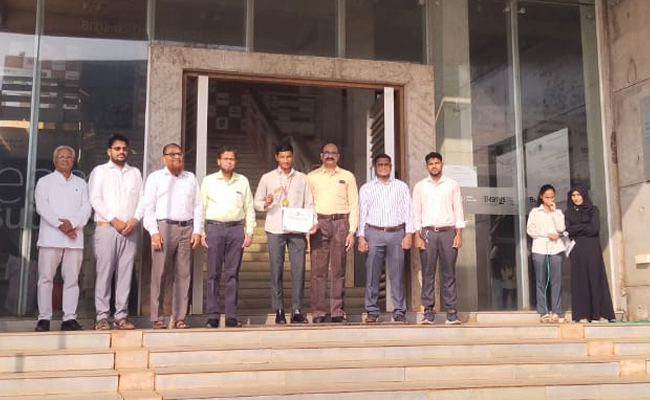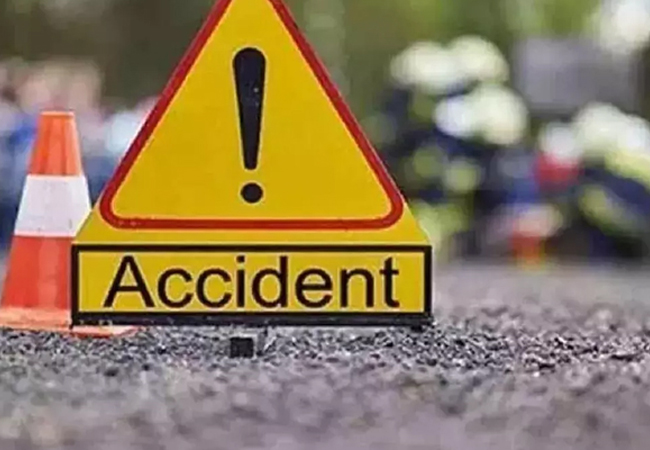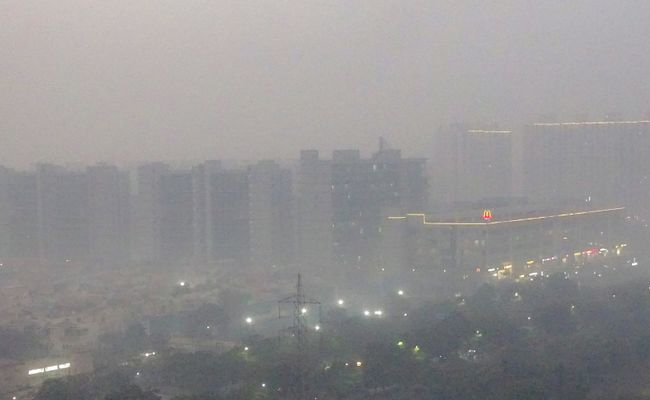Tel Aviv (AP): US Secretary of State Antony Blinken said Monday the time is now to conclude a Gaza cease-fire agreement that would return hostages held by Hamas and bring relief to Palestinian suffering after 10 months of devastating fighting in Gaza.
Blinken's ninth urgent mission to the Middle East since the conflict began came days after mediators, including the United States, expressed renewed optimism a deal was near. But Hamas has expressed deep dissatisfaction with the latest proposal and Israel has said there were areas it was unwilling to compromise.
The trip, days ahead of new talks expected this week in Egypt, comes amid fears the conflict could widen into a deeper regional war following the killings of top militant commanders in Lebanon that Iran blamed on Israel.
“This is a decisive moment, probably the best, maybe the last, opportunity to get the hostages home, to get a cease-fire and to put everyone on a better path to enduring peace and security,” Blinken said as he opened talks with Israeli President Isaac Herzog in Tel Aviv.
“It's also time to make sure that no one takes any steps that could derail this process,” he said in a veiled reference to Iran. “And so we're working to make sure that there is no escalation, that there are no provocations, that there are no actions that in any way move us away from getting this deal over the line, or for that matter, escalating the conflict to other places and to greater intensity.”
Herzog thanked Blinken for the Biden administration's support for Israel and lamented a spate of recent attacks against Israelis in the past 24 hours.
“This is the way we are living these days,” Herzog said. “We are surrounded by terrorism from all four corners of the earth and we are fighting back as a resilient and strong nation.”
Mediators are to meet again this week in Cairo to try to cement a cease-fire. Blinken will travel to Egypt on Tuesday after he wraps up his Israel stop.
He met one-on-one with Prime Minister Benjamin Netanyahu for 2 1/2 hours Monday and was to meet with Defense Minister Yoav Gallant later in the day.
The war began October 7 when Hamas-led militants broke into Israel, killing some 1,200 people, mostly civilians, and abducting around 250. Of those, some 110 are still believed to be in Gaza, though Israeli authorities say around a third are dead. More than 100 hostages were released in November during a weeklong cease-fire.
Israel's counterattack in Gaza has killed over 40,000 Palestinians, according to local health authorities, and devastated much of the territory.
Late last week, the three countries mediating the proposed cease-fire — Egypt, Qatar and the US — reported progress on a deal under which Israel would halt most military operations in Gaza and release a number of Palestinian prisoners in exchange for the release of hostages.
Shortly before Blinken arrived in Tel Aviv on Sunday, Netanyahu told a Cabinet meeting there are areas where Israel can be flexible and unspecified areas where it won't be. “We are conducting negotiations and not a scenario in which we just give and give,” he said.
The evolving proposal calls for a three-phase process in which Hamas would release all hostages abducted during its October 7 attack. In exchange, Israel would withdraw its forces from Gaza and release Palestinian prisoners.
Hamas accuses Israel of adding new demands that it maintain a military presence along the Gaza-Egypt border to prevent arms smuggling and along a line bisecting the territory so it can search Palestinians returning to their homes in the north. Israel said those were not new demands, but clarifications of a previous proposal.
Officials said the US has presented proposals to bridge all the gaps remaining between the Israeli and Hamas positions. Formal responses to the US outline are expected this week and could lead to a cease-fire declaration unless the talks collapse, as has happened with multiple previous efforts.
Late Sunday, Hamas said in a statement that Netanyahu has continued to set obstacles to a deal by demanding new conditions, accusing him of wanting to prolong the war. It said the mediators' latest offer was a capitulation to Israel.
“The new proposal responds to Netanyahu's conditions,” Hamas said.
Blinken said Monday both sides should take this opportunity to reach a deal.
“It is time for everyone to get to yes and to not look for any excuses to say no,” he said.
An Israeli delegation held talks with Egyptian officials as part of the truce efforts, an Egyptian official said Monday.
The hourslong meeting Sunday focused on the Philadelphi corridor along the Gaza-Egypt border but didn't achieve a breakthrough, according to the official, who spoke on condition of anonymity to discuss the ongoing negotiations.
The official said Israel still insists on keeping control of the border and the east-west route that bisects Gaza. He said the delegation didn't offer anything new in their meeting.
Let the Truth be known. If you read VB and like VB, please be a VB Supporter and Help us deliver the Truth to one and all.
New York/Washington (PTI): US President Donald Trump has repeated his claim of resolving the India-Pakistan conflict and asserted that Islamabad's leadership credited him for saving millions of lives.
"We stopped a potential nuclear war between Pakistan and India. And the head of Pakistan, a highly respected General, he's a Field Marshal and also the Prime Minister of Pakistan, said President Trump saved 10 million lives, maybe more...,” Trump said Monday.
He made these remarks at Mar-a-Lago, Florida, flanked by Defence Secretary Pete Hegseth, Navy Secretary John Phelan, and Secretary of State Marco Rubio.
“You know, eight planes were shot down. That war was starting to rage, and he actually said the other day that President Trump saved 10 million lives, maybe more. So we solved all these wars. The only one I haven't solved yet is Russia, Ukraine,” he said.
ALSO READ: Man murders colleague, dumps body in water tank in Palghar; held
Since May 10, when Trump announced on social media that India and Pakistan had agreed to a “full and immediate” ceasefire after a “long night” of talks mediated by Washington, he has repeated his claim over 60 times that he “helped settle” the tensions between the two neighbours.
New Delhi has consistently denied any third-party intervention.
India launched Operation Sindoor on May 7, targeting terror infrastructure in Pakistan and Pakistan-occupied Kashmir in retaliation for the April 22 Pahalgam attack that killed 26 civilians.
India and Pakistan reached an understanding on May 10 to end the conflict after four days of intense cross-border drone and missile strikes.

